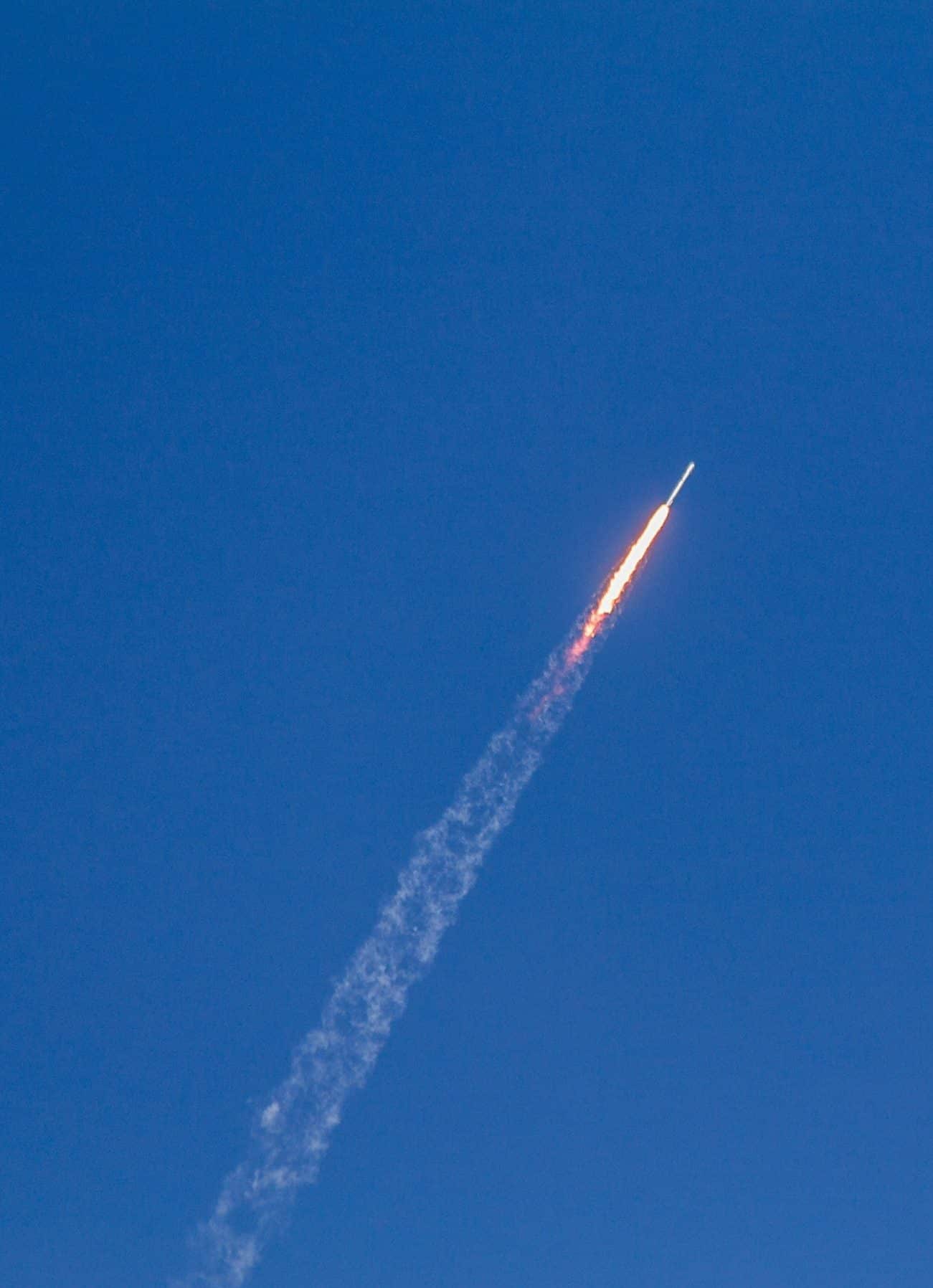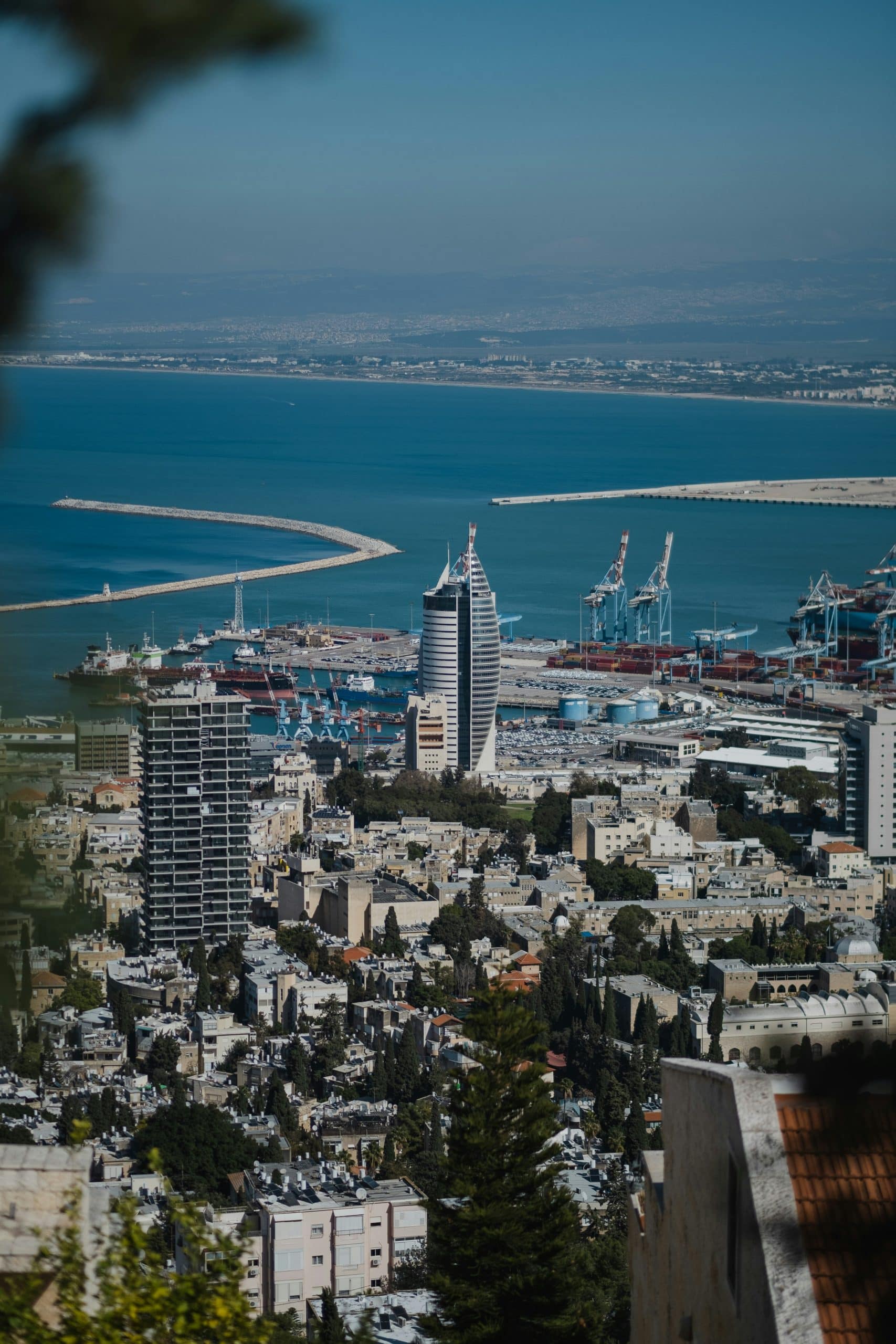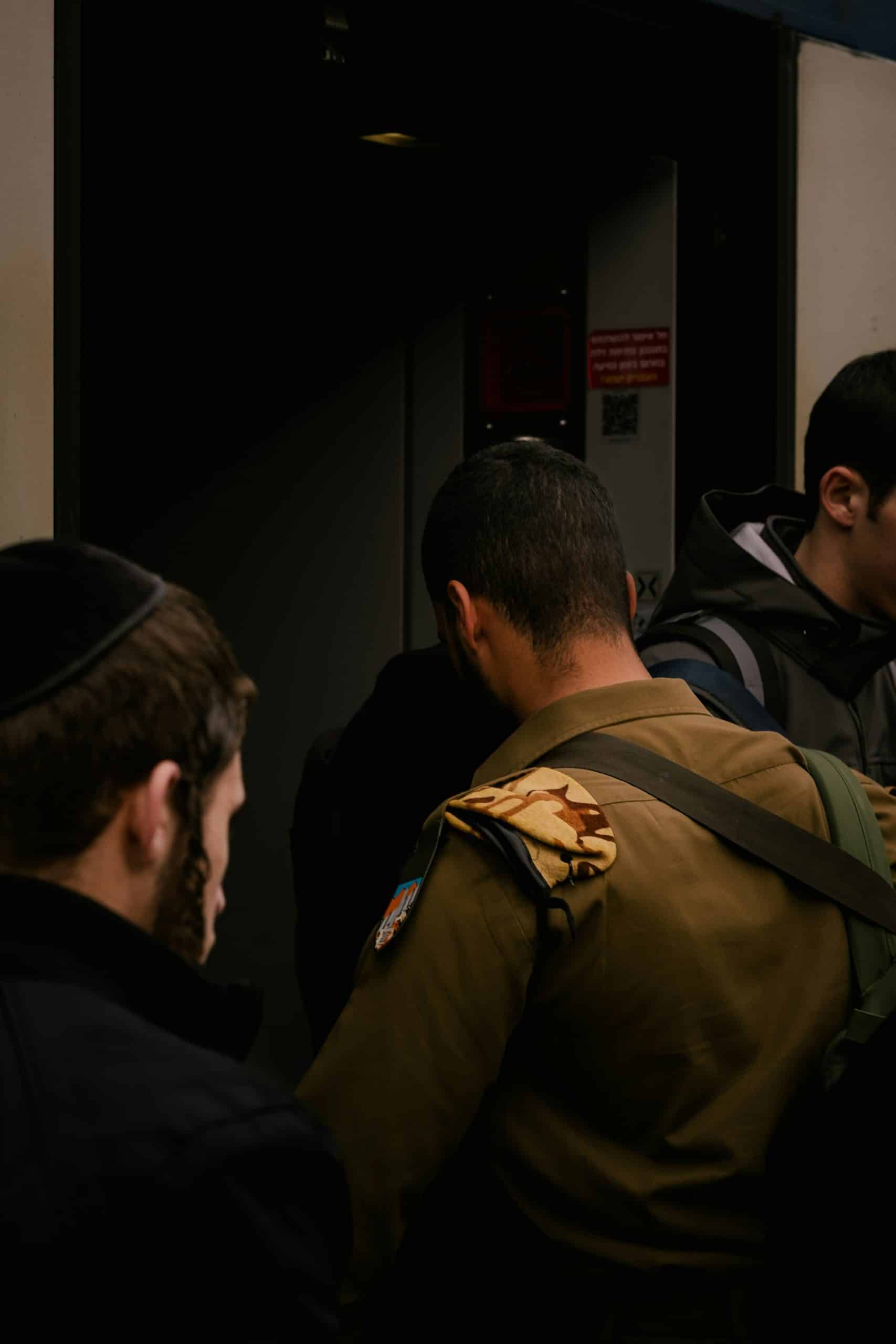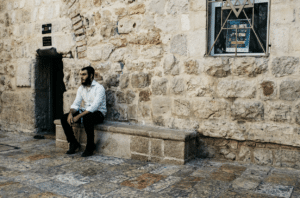Hezbollah has apparently had the go-ahead to attack Israel. It’s not as if Hezbollah had been politely waiting at the border while war raged on in the south—Israel has been battling incoming missiles the entire time—but now they’ve been given the green light to go full force.
Israel is in danger. However, it’s nothing short of a miracle that Hamas and Hezbollah didn’t succeed in their plans to attack at the same time.
Israel’s Iron Dome missile defense system has saved countless lives, but can become overwhelmed if too many rockets come all at once. And that’s not our only problem. Since the last major war with Israel, Hezbollah has been restocking and rearming, aided by their friends in Iran. It has upgraded “dumb” rockets with precision-guided systems, making them more accurate and more deadly. It has also come to light that Hezbollah have been building tunnels into Israeli territory.
Trouble on the northern border
There have been over a thousand separate attacks from Hezbollah against Israel since October 8, and the number is likely nearer 1,500 by now. Israel has quelled and retaliated at every turn, dealing with each attack with the kind of care that’s required when defusing bombs—enough force to repel and deter, but not enough to trigger a dramatic response. In weighing his options, Lebanese foreign minister said on January 17 that to rein in Hezbollah would result in a civil war, but not to do so would result in a regional war… and that all things considered, Lebanon had more to lose in a civil war than an escalation with Israel.
 Hezbollah was apparently coordinating together with Hamas to launch a huge attack from the north and the south on the same day, and at the same time. If that had happened, Israel might well have been finished. The IDF was taken by surprise in the south, and had to scramble like mad to deal with the threat just on that front. It doesn’t bear thinking about what might have happened if Israel had been attacked in a similar manner simultaneously from the north. Why didn’t it happen? It was truly a miracle.
Hezbollah was apparently coordinating together with Hamas to launch a huge attack from the north and the south on the same day, and at the same time. If that had happened, Israel might well have been finished. The IDF was taken by surprise in the south, and had to scramble like mad to deal with the threat just on that front. It doesn’t bear thinking about what might have happened if Israel had been attacked in a similar manner simultaneously from the north. Why didn’t it happen? It was truly a miracle.
Hamas launched their attack on October 7 a little earlier than expected, and lingered at the Nova festival longer than planned, and Hezbollah, it seems, missed their cue. The intermittent attacks from Lebanon have been serious violations of the sort most countries don’t have to reckon with, but to date have been managed well by the IDF. We can only praise God that the plans of the wicked did not succeed, and that the IDF have now mobilized and got a good grasp of the threat coming from the Gaza Strip. Dealing with the northern border is now more conceivable, but still. We shudder to think what might have been.
Do you remember all the earnest prayers that were going up for Israel last year? Do you remember the 21 days set aside to pray for Israel, for salvation, for protection, and for revival?
Could it be that the five million Christians around the world were mobilized to pray for such as time as this, and that the coordinated Hamas-Hezbollah plan failed as a result?
We will never know what all those prayers achieved in this lifetime, but if you were part of the praying millions in the Isaiah 62 prayer last year, we want to thank you from the bottom of our hearts. Prayer is so powerful. Please don’t stop! We need your prayers now especially. Please pray for Israel’s protection and the continued frustration of the enemy’s plans.
Who are Hezbollah?
Hezbollah, meaning “The party of Allah”, is a Shia terrorist organization based primarily in Lebanon. With over 100,000 fighters, the terror group has more than the actual Lebanese army. Hezbollah is one of Iran’s strongest partners and Hamas’ closest allies, and is the most powerful non-state actor in the world according to many political analysts. Established with the help of Iran in 1982, Hezbollah is one of the many proxies of the Iranian regime in the Middle East, along with Hamas and the Houthi rebels, and share the determination to destroy Israel as a key part of their ideology. The movement also had a measure of political influence in Lebanon, holding seats in parliament and even governmental positions.
In an incident not dissimilar to October 7, Hezbollah broke through the border and raided northern Israel in 2006, killing and kidnapping soldiers. War ensued, in which Hezbollah fired 4000 rockets into Israel, but since this was before the Iron Dome technology was introduced, Israel was forced to deal with the threat by going in with ground and air forces to destroy the rocket launchers. During these rocket attacks, 46 Israeli civilians were killed along with 121 soldiers as Israel fought back. 1200 Lebanese were killed, over half of whom were Hezbollah fighters. The ceasefire deal, backed by the UN, insisted that Lebanon was to rein in Hezbollah and prevent them from developing their military capabilities, but it seems that things have deteriorated considerably since then.
It is thought that Hezbollah has been accruing some 150,000 projectiles of varying capability and range, some of which can reach all the way down to Eilat, the southernmost tip of Israel. As well as expanding the number in their arsenal, Iran has been helping Hezbollah upgrade their stock.1
Meanwhile, Hezbollah has been training Hamas in warfare since the 1990s. Expelled Palestinian fighters were trained by Hezbollah before being sent back to the Palestinian Territories. Lebanon has also been shipping weapons to the Palestinian Authority, and is a much better armed and lethal enemy than Hamas.
Israel’s terrible dilemmas
 Not only does Hezbollah possess enough missiles to overwhelm the Iron Dome system, but they can send deadly rockets to precise locations, forcing Israel to choose between defending critical infrastructure and the people themselves. Hezbollah has about ten times the firepower than they had back in 2006, and has made no secret of their plans to target power stations, air force and army bases, the Haifa oil refinery, the nuclear reactor close to Dimona, the ‘Kirya’ Ministry of Defence and IDF Headquarters in central Tel Aviv, and Ben Gurion Airport.
Not only does Hezbollah possess enough missiles to overwhelm the Iron Dome system, but they can send deadly rockets to precise locations, forcing Israel to choose between defending critical infrastructure and the people themselves. Hezbollah has about ten times the firepower than they had back in 2006, and has made no secret of their plans to target power stations, air force and army bases, the Haifa oil refinery, the nuclear reactor close to Dimona, the ‘Kirya’ Ministry of Defence and IDF Headquarters in central Tel Aviv, and Ben Gurion Airport.
According to BICOM, “Even a small number of missiles could do serious damage to Israel, which is a small, densely populated country with all its key industrial and critical infrastructure sites concentrated in a small number of locations… Even with Israel’s early warning and missile interception system, missiles fired at major population centres in large numbers can be deadly, forcing civilian populations to remain in or near shelters, closing schools and businesses, and paralysing normal life.”2
Today Hezbollah has the capability to fire 1500 rockets, some 3000-4000 on a daily basis—it can fire the same number they used during the entire war back in 2006 every day.
The Iron dome can’t withstand that kind of attack. Stocks will run out and the system can be overwhelmed. It costs about $150 to fire each rocket but $40,000-$45,000 to intercept it.
Hezbollah is far more extensively armed than Hamas, due to its proximity to Syria and Iran and the ease of transporting equipment. Israel simply is not able to protect everything at the same time. There are unenviable decisions to be made about what to save and what to sacrifice. Due to the huge number of rockets, Israel can’t fight a purely defensive war but will have to undertake a ground invasion in order to curtail the threat of so many missiles. This will mean more destruction, evacuation, casualties and death both for Israelis and Lebanese civilians. Hezbollah keeps its rockets hidden in houses and civilian infrastructure in the villages of southern Lebanon, and in doing so are using ordinary Lebanese people as human shields, just as Hamas does. It’s a cynical strategy carefully calculated to draw the rage of the nations against Israel.
Please pray for protection at this time!
 Pray for wisdom for the IDF to know how to deal with this threat, especially as Ramadan approaches and violent attacks may increase
Pray for wisdom for the IDF to know how to deal with this threat, especially as Ramadan approaches and violent attacks may increase
Pray for the protection of civilian lives on both sides
Pray for protection for covering over the key targets in Israel: power stations, air force and army bases, Haifa oil refinery, the nuclear reactor close to Dimona, the ‘Kirya’ Ministry of Defence and IDF Headquarters in central Tel Aviv, and Ben Gurion Airport
Pray for all those who have been evacuated from their homes, with no clear date of return. Tens of thousands of Israeli and Lebanese households have been displaced and living in hotels for extended periods is no fun—especially with children.
Pray for Hezbollah fighters to come to faith
Pray that all the plans of the enemy will be thwarted and turned around
Pray for our soldiers, that they may succeed and be saved
Pray for those in the nations to understand the terrible dilemmas faced by the IDF as they try to protect Israel from attack.
- In September 2018, speaking at a counter terrorism conference, former Mossad deputy chief Naftali Granot admitted that Hezbollah had “recently received small numbers of GPS precision-guided systems that will help it to convert some heavy missiles into accurate missiles”.
- Britain Israel Communications and Research Centre, BICOM Briefing Briefing: Hezbollah’s Precision Missile Project, October 2019
Picture by Charbel Karam on Unsplash















